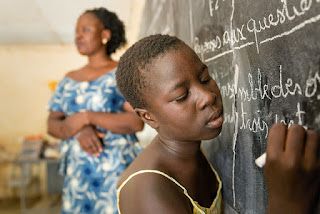Women and migration
Human history has long been characterized by migration, with people and families frequently relocating in quest of better job prospects and living conditions. Particularly women have made major contributions to global movement patterns, whether as economic migrants, refugees, or members of families reuniting with loved ones abroad.
Everybody who moves can find it difficult, but women face particular risks and challenges in the process. Given that women may be more susceptible to violence, exploitation, and prejudice during migration as a result of their gender, it is critical that migration policies and programs take into account their unique needs and experiences.
Women have contributed significantly to their new communities and the economies of their host countries despite these obstacles. Many women labor in low-paying occupations including domestic work, nursing, and hospitality that are crucial to the operation of their new societies.
But, there are also enormous obstacles for women migrants to overcome when trying to receive social services, medical care, education, and legal protection. Language hurdles, cultural differences, and religious habits may present extra difficulties for women that can make it difficult for them to completely integrate into their new communities.
Women who relocate may also lose their social support networks and find it difficult to maintain family ties across national boundaries. This can be particularly challenging for women who are in charge of providing care as well as for those who are living apart from their families and children.
It is crucial to acknowledge the distinctive experiences of women who migrate and to develop policies that cater to their needs and aid in their assimilation into their new communities. Among them are help for family reunion, access to language and cultural training, and gender-sensitive immigration laws.
The operation of their new communities and economies depends on the contributions of women, who have traditionally played a significant part in worldwide migration trends. To guarantee that all migrants, regardless of gender, are supported and empowered to establish a better life in their new homes, it is important to address these issues through gender-sensitive policies and programs because women also experience specific dangers and barriers during migration.




Comments
Post a Comment